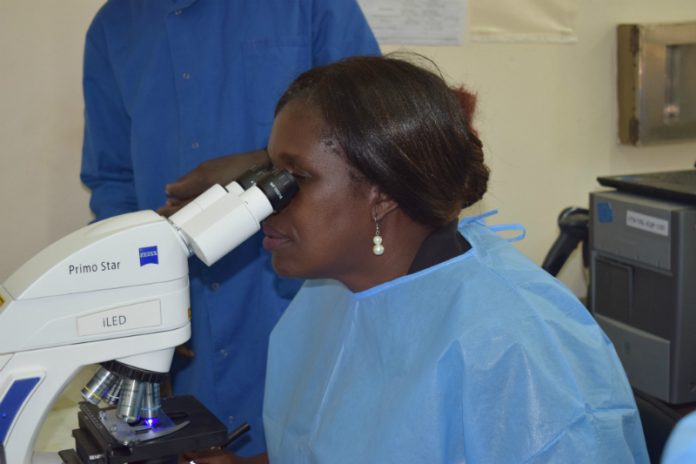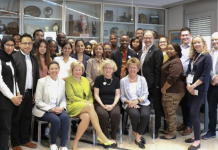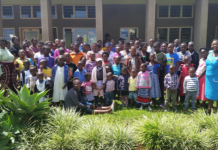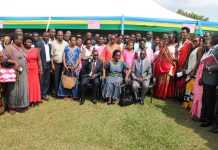The International Council of Nurses (ICN) and its Tuberculosis/Multi-Drug Resistant Tuberculosis (TB/MDR-TB) Project hosted an official launch event of Nursing Now on Tuesday 27 February in Durban, South Africa. The event brought together nursing leaders from Ethiopia, Lesotho, Malawi, South Africa, Swaziland, Uganda and Zambia.
Speakers included:
- Thembeka Gwagwa, ICN’s 2nd Vice President and former General Secretary of DENOSA (Democratic Nursing Organisation of South Africa)
- Dr Carrie Tudor, ICN TB/MDR-TB Project Director
- Professor Petra Brysiewicz, Professor, School of Nursing & Public Health at the University of KwaZulu-Natal, South Africa
- Nurse lecturers from Rwanda, Nigeria, Malawi and Lesotho
The launch was held as part of the ICN TB/MDR-TB Project workshop to build the research capacity of nurses in the six ICN Wellness Centre countries.
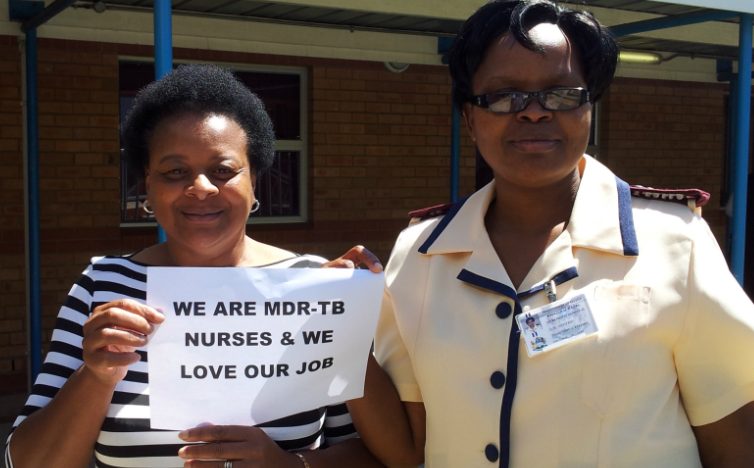
ICN Wellness Centres aim to strengthen health systems through the provision of quality comprehensive health services for all cadres of health care workers and their immediate families. The Wellness Centres are responsive to needs, managed by nurses and supported by inter-sectoral partnerships in the following countries: Lesotho, Malawi, Swaziland, Uganda, Zambia. The Centres work to achieve a strengthened health workforce, better able to meet the population needs.
The ICN TB-MDR-TB Project aims to build global nursing capacity in the prevention, care and treatment of TB. This is achieved by training experienced nurses to cascade information to nursing colleagues and other health workers with the purpose of making improvements to patient care delivery. The practice-oriented nature of our training programme enables nurses to improve the implementation of policies and guidelines relating to TB and MDR-TB using a patient-centred approach. The ICN TB/MDR-TB Project has trained 2,224 nurses through the Training for Transformation (TFT) courses in 17 countries in Africa, Asia, and the Russian Federation since 2005. These nurses have in turn rolled out the training to more than 166,000 nurses, doctors, allied health workers and community members – which equates to each nurse training approximately 76 additional people.
